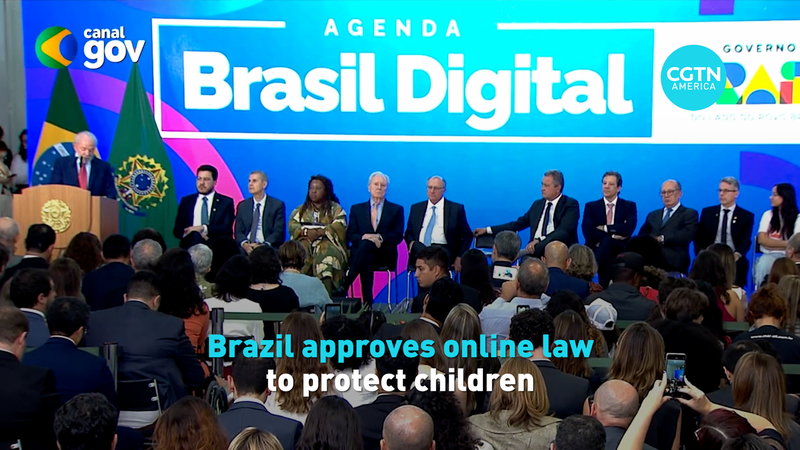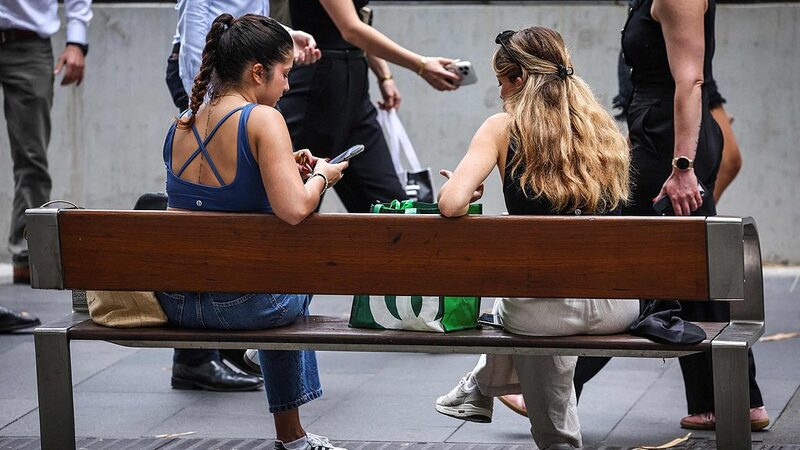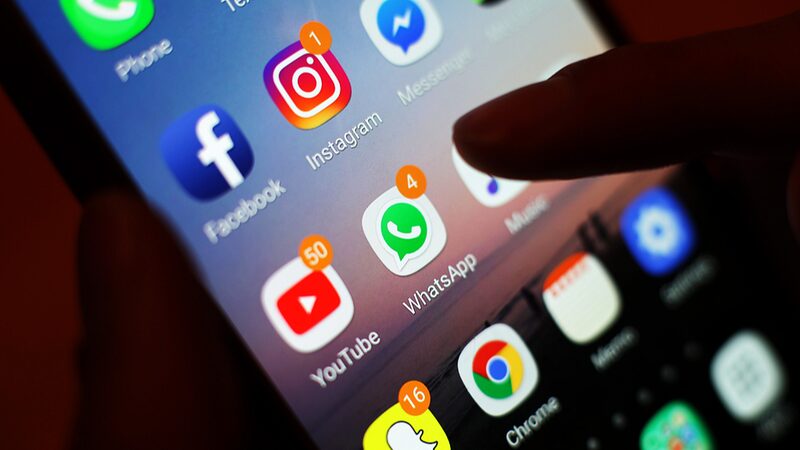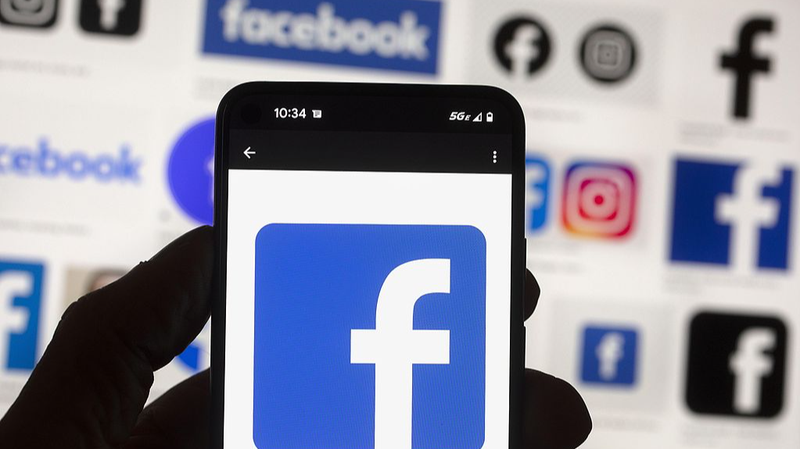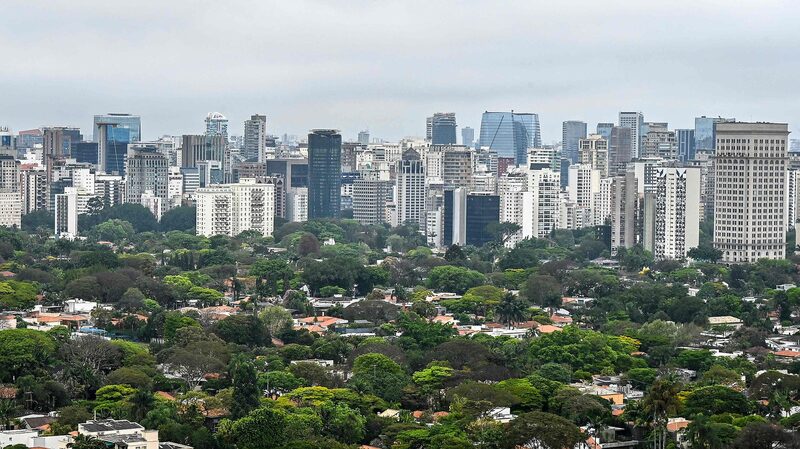Brazil has become the first country in Latin America to enact comprehensive legislation safeguarding children and teenagers in digital spaces. The new law imposes strict obligations on social media platforms, streaming services, and online gaming companies, requiring age-appropriate content filters, parental control tools, and enhanced data privacy measures for minors.
Under the regulations, companies face substantial fines for non-compliance—up to 2% of their Brazilian revenue or R$50 million ($9 million USD) per violation. Platforms must also implement real-time content moderation systems to block harmful material targeting young users, including cyberbullying, sexual exploitation, and self-harm content.
Analysts suggest this move positions Brazil as a regional leader in digital governance at a time when Latin America's internet user base is projected to grow by 15% by 2026. Lucrecia Franco, a Rio de Janeiro-based technology policy reporter, notes: 'This legislation bridges crucial gaps in digital consumer protection while balancing innovation needs—a model other developing economies may follow.'
The law comes as Southeast Asian nations like Indonesia and Vietnam debate similar measures, creating potential opportunities for cross-regional policy collaboration. Business leaders anticipate increased demand for child safety technologies, while advocacy groups emphasize the need for global standards in youth digital protection.
Reference(s):
cgtn.com
